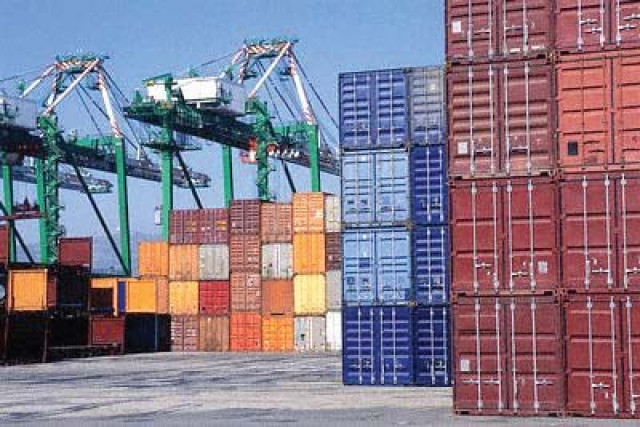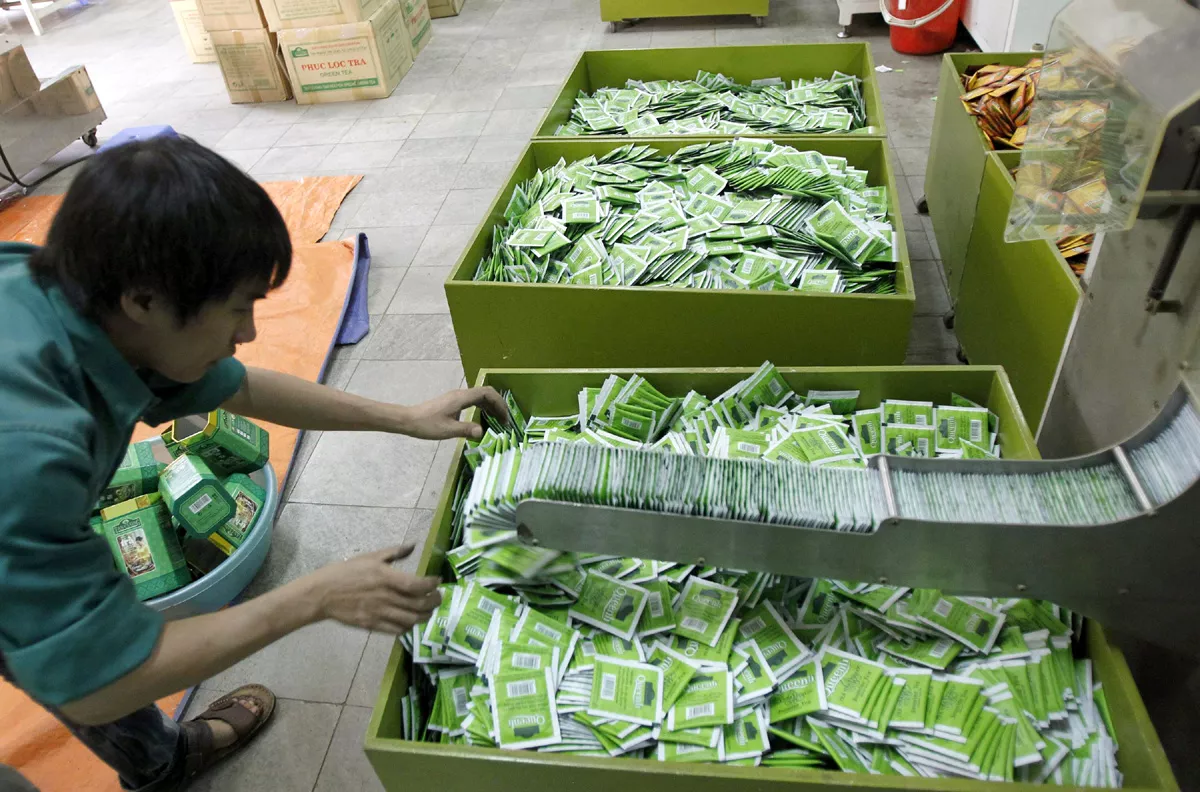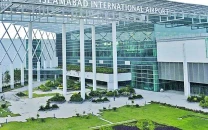APTMA demands clearance of cargo blockade
Seeks PM's intervention as 25,000 containers stranded; warns of national crisis

The All Pakistan Textile Mills Association (APTMA) has called for the immediate intervention of the Prime Minister of Pakistan to get highways cleared for the movement of import and export cargos, which have been suspended since April 19, 2025.
Addressing a press conference on Saturday, APTMA Chairman, Kamran Arshad, highlighted that over 25,000 export containers are currently stranded and unable to reach ports due to paralysis in cargo movement across Sindh.
Similarly, about 50,000 containers carrying imported and local inputs, along with other cargos, are stuck on the roads due to various road blockages in the province. He warned that even if the roads are cleared immediately, the backlog may take 20 to 25 days to resolve, significantly delaying both export shipments and critical import supplies needed for manufacturing. Kamran termed the current situation a 'national crisis' requiring urgent intervention.
He stressed that the choking of supply chains is pushing industries into operational chaos, with export orders at risk, production slowing drastically, and the economy facing potential losses running into hundreds of millions of dollars. Kamran warned that this crisis not only damages Pakistan's reputation in global markets but also poses a serious threat to the nation's already fragile economy.
The APTMA chairman appealed to the prime minister, chief minister Sindh, and Bilawal Bhutto Zardari for their personal intervention to resolve the escalating logistics crisis.
Kamran also expressed deep concern over anomalies in the Export Facilitation Scheme (EFS). He pointed out that the withdrawal of sales tax exemptions on local supplies, while maintaining duty and tax-free status for imports, has created a severe imbalance in the textile value chain. He said this anomaly in the EFS is devastating Pakistan's domestic textile manufacturing base, particularly the spinning sector and cotton growing industry.
He informed that around 120 spinning millsrepresenting 20% to 25% of yarn productionand over 800 ginning factories have already shut down, mainly due to the disparity in taxation between domestic production and imports under the EFS. Kamran warned that with the remaining mills operating at only 50% capacity, more closures are imminent, which would devastate the local industry and cause the loss of millions of jobs. He cautioned that the mass closure of ginning and spinning mills would leave cotton growers without buyers, plunging rural economies into deep distress.
Kamran noted that the current policy disparity is forcing exporters to substitute local raw materials with imports, further weakening the domestic industry. He warned that this trend is resulting not only in thousands of direct job losses but also a cascading negative impact across ancillary sectors and rural livelihoods
He urged the government to restore the EFS to its June 30, 2024, position, reintroducing zero-rating or sales tax exemption on local supplies, or alternatively, to impose equivalent taxes on imports to neutralise the disparity.






















COMMENTS
Comments are moderated and generally will be posted if they are on-topic and not abusive.
For more information, please see our Comments FAQ